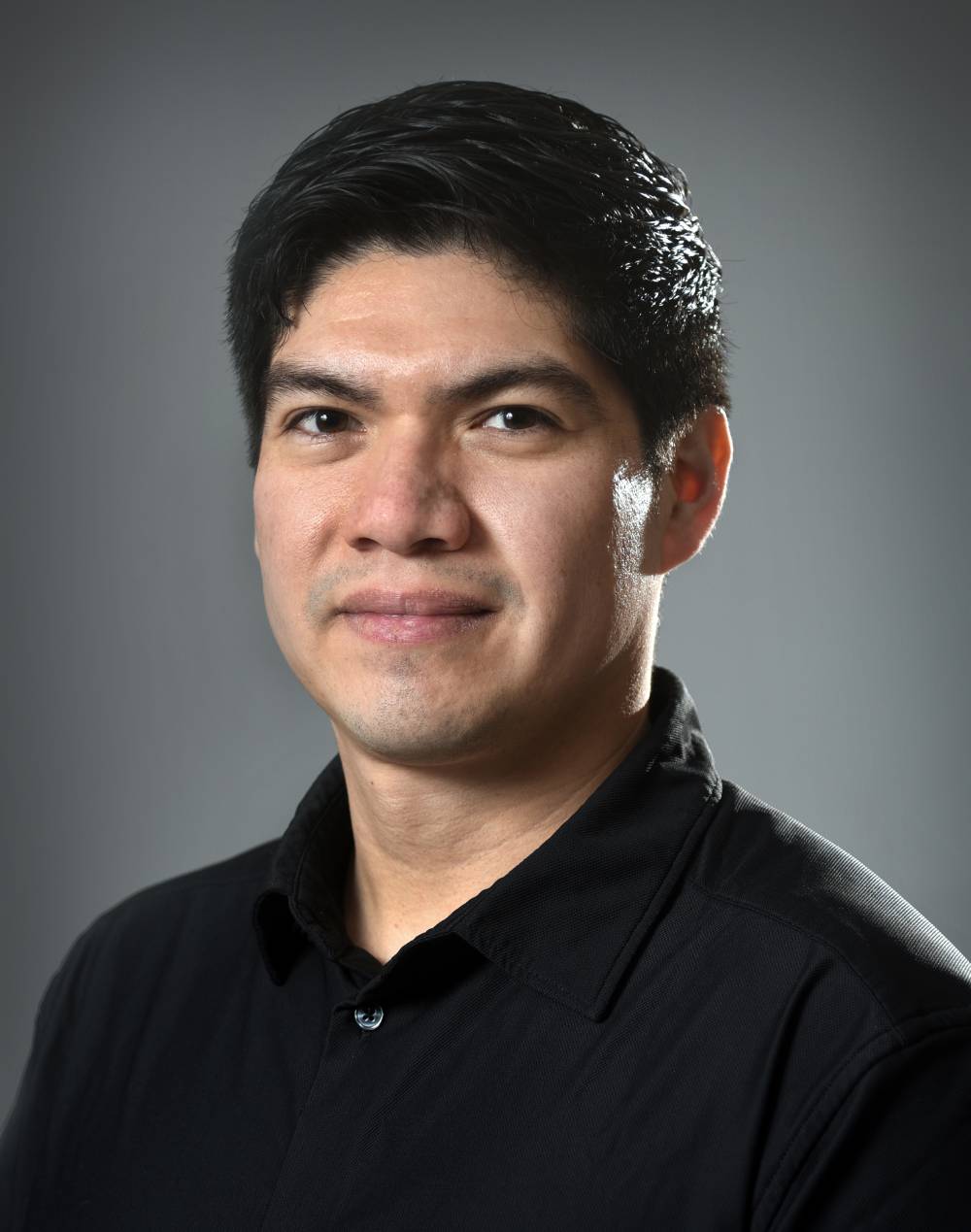Diego Gomez-Maldonado, Ph.D.
Email: dgomezma@ttu.edu
Phone: (806) 834-0134
Address:
Fiber and Biopolymer Research Institute
Department of Plant and Soil Science
Texas Tech University
1001 E Texas 289 Loop Frontage
Lubbock, TX 79403

Background
Prior to joining Texas Tec faculty, Gomez-Maldonado served as a postdoctoral research associate in chemical engineering at Northeastern University in Boston, and a postdoctoral research fellow with Auburn University’s Sustainable Bio-Based Materials Laboratory. He also worked as an instructor with Auburn University’s School of Forestry & Wildlife Science and at the Department of Biology, graduate research assistant with Auburn University’s Forest Products Development Center, visiting scholar with Aalto University’s Department of Bioproducts & Biosystems in Finland, and a visiting scholar with Universidad de Guadalajara’s Laboratory of Immunology in Mexico.
Gomez-Maldonado received his bachelor’s degree in biological engineering and master’s degree in natural science and engineering both from the Universidad Autonoma Metropolitana-Cuajimalpa in Mexico City, Mexico. His doctorate in forestry is from Auburn University’s School of Forestry & Wildlife Science.
Research Interests
Gomez-Maldonado will focus on biopolymers for biomedical applications. In the past his research has centered on interfacial interactions of cellulose nanomaterials and molecules, nanoparticles, cells, or polymers of interest to improve water remediation, controlled release, tissue engineering, and biosensing.
His research program focuses on the study and use of sustainable biopolymers and nanotechnology for the discovery and development of health related bioproducts. These bioproducts are developed through green chemistry and emerging sustainable technologies like 3D printing and self-assembly. The aim is to tackle the United Nations Sustainable Development Goals and other One Health needs through the revalorization of biomass and its different fractions.
Department of Plant and Soil Science
-
Address
Texas Tech University, Department of Plant and Soil Science, Box 42122, Lubbock, TX 79409 -
Phone
806.742.2838 -
Email
plantsoilscience@ttu.edu
